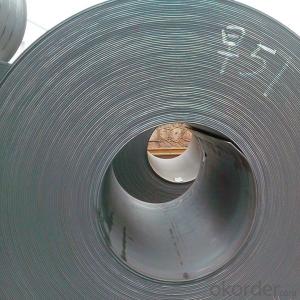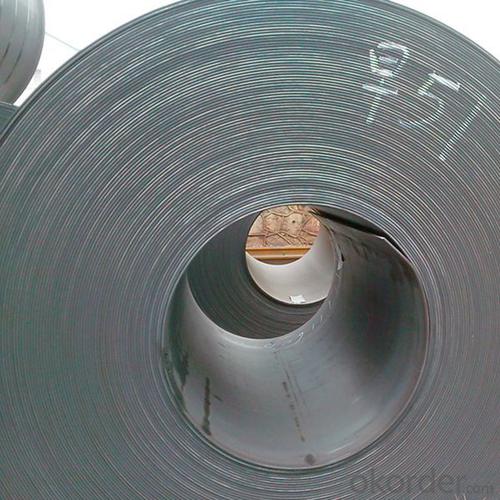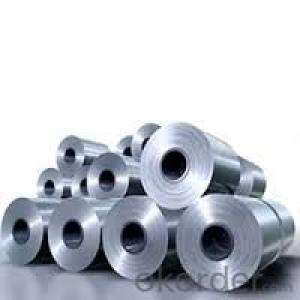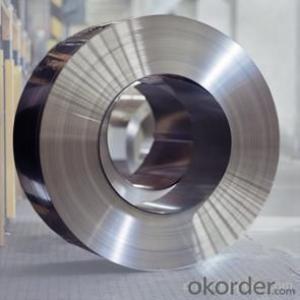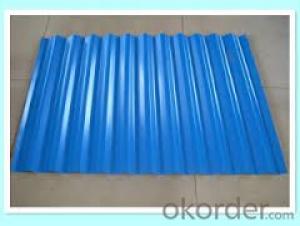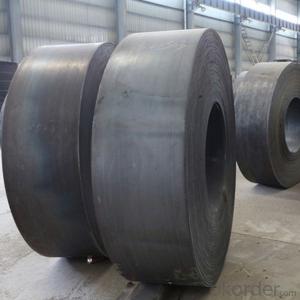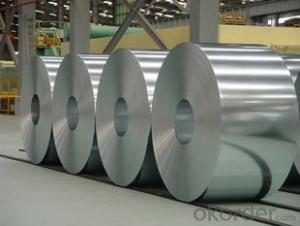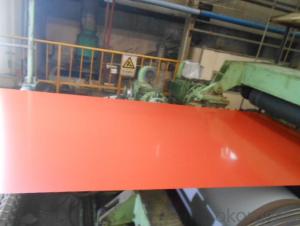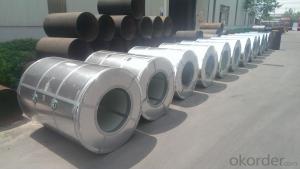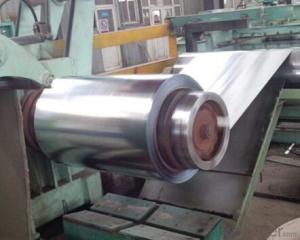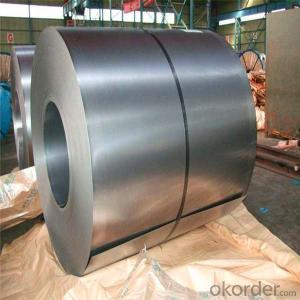Steel Coils Hot Rolled Cold Rolled Cheap Price Made In China
- Loading Port:
- Tianjin
- Payment Terms:
- TT OR LC
- Min Order Qty:
- 50 m.t.
- Supply Capability:
- 20000 m.t./month
OKorder Service Pledge
OKorder Financial Service
You Might Also Like
Specification
DESCRIPTION FOR CARBON STEEL PLATE
Production | hot rolled steel coils ss400 |
Port | Tianjin, China |
Category | Minerals & metallurgy |
Thickness | 1.8-16mm |
Width | 1000-1500mm |
Coil Weight | about 23 tons |
Material Grade | SS400\Q235\Q345B |
Technique | Hot Rolled |
Standard | GB ,JIS |
Test | With Hydraulic Testing, Eddy Current , Infrared Test |
Surface | 1) Bared 2) Black Painted (varnish coating) 3) Galvanized 4) Oiled |
Package | in bundles, strapped by strips. Or as customer’s requirement |
Sample | Common products, we can provide freely, for special production,we can depends on negotiation. |
MOQ | 50 tons |
Payment | 100% L/C at sight, 30% T/T in advance, and the balance against the copy of B/L or negotiation |
Delivery time | Within 10-25 days, according to quantity, asap save customer’s time |
Certificate | ISO |
PACKING:
1.Big thickness:by bulk vessel
2.Small thickness:packed by steel strips and shipped by container
3.According to the requirements of customers'
TRADE TERMS :FOB, CFR, CIF
DETAILED PICTURES FOR STEEL COILS
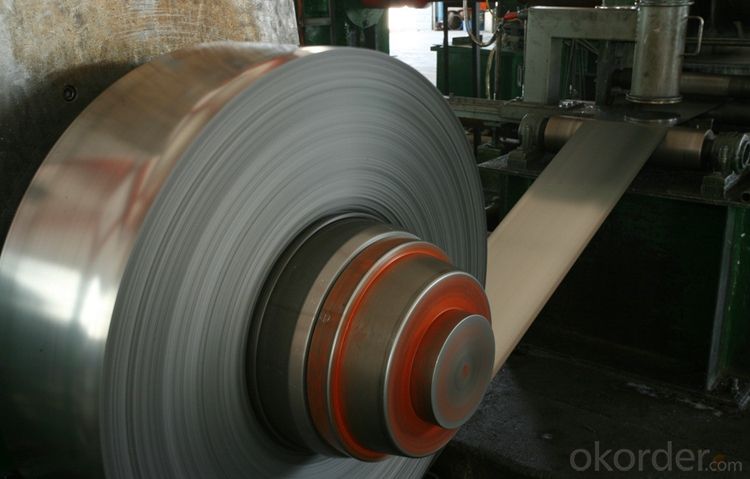
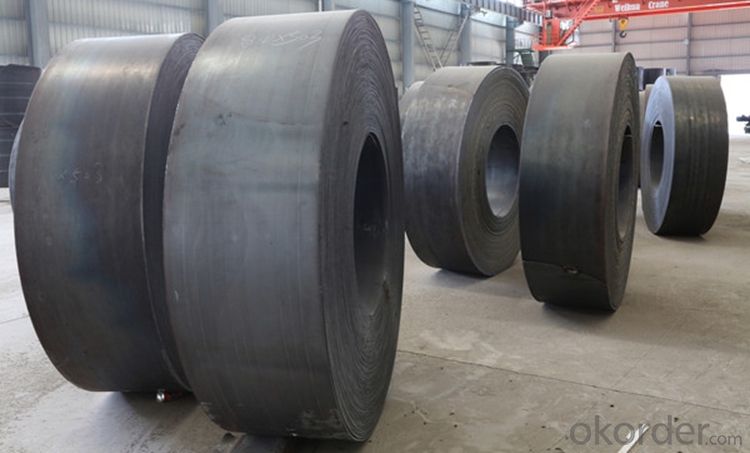
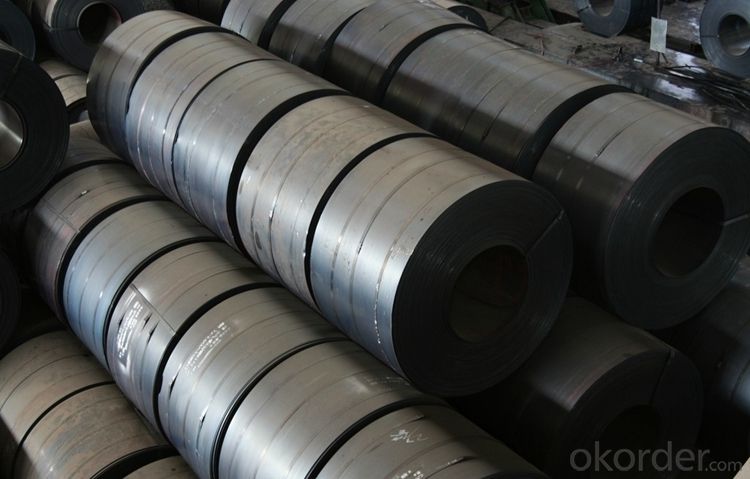
EXPORT MARKET FOR STEEL COILS/SHEETS
Our target market is the international market. Every year we export most of products to countries like India, Pakistan, South Korea, Brazil, Australia, South Africa, Spain, Sri Lanka, Taiwan, Hong Kong, etc.
FAQ:
Q:How about the trade terms?
A:EXW,FOB,CFR,CIF will be accepted.
Q:How about your payment terms?
A:30%TT in advance and the balance against of copy of B/L.The irrevocable L/C at sight will be accepted.
- Q: where can i find information online about steel residential homes that use solar energy?
- Guide okorder /
- Q: When steel is cast, does it become weaker/more brittle or anything of this nature? what are the side effects of steel casting on the steel itself?How can you correct these?
- Cast steel uses specific alloys of steel designed to improve the casting process. It has a specific strength and toughness range based on the alloying ingredients. It physical properties are a bit different from rolled steel. The primary problems with casting steel are porosity and voids or spaces where the mold is not completely filled with molten steel. These do not effect the basic strength of the steel but they can degrade the ability of the casting to function as designed.
- Q: What are the dimensions of steel coils used in the transportation equipment industry?
- The dimensions of steel coils utilized in the transportation equipment sector may differ according to specific demands and applications. Nevertheless, there exist some prevalent measurements that are extensively employed. Typically, the width of steel coils used in the transportation equipment industry ranges from 600mm to 2000mm (24 to 78 inches). This width is selected to ensure compatibility with the machinery and equipment employed in transportation, such as trucks, trailers, and railcars. The thickness of steel coils exhibits significant variation depending on the specific application and desired material strength. However, common thickness ranges for steel coils in the transportation equipment industry generally fall between 0.5mm and 6mm (0.02 to 0.24 inches). The inner diameter of steel coils utilized in the transportation equipment industry is typically standardized at either 508mm (20 inches) or 610mm (24 inches). This standardization facilitates easy handling and compatibility with industry machinery. The outer diameter of steel coils can differ depending on the coil's width and thickness. Nonetheless, typical outer diameter ranges for steel coils in the transportation equipment industry generally span from 1000mm to 2200mm (39 to 87 inches). It should be recognized that these dimensions are not fixed and can be tailored to specific requirements and applications within the transportation equipment industry.
- Q: How are steel coils used in the production of steel latches?
- Steel coils are used in the production of steel latches by being processed into flat sheets or strips, which are then cut and shaped to form the various components of the latch. These coils provide a ready-to-use source of high-quality steel, ensuring the strength and durability of the final product.
- Q: Is there any noticable or perceived difference between smoking out of a pipe with a brass screen and a stainless steel screen?
- Its not a good idea to make the whole thing of metal. Metal is a good conductor of heat and its bound to get too hot for you lips during sustained use. Thats assuming your going to smoke tobacco with it. If you plan on smoking small hits of a particular substance then it may be alright. Mind you pipes are poor choice for this kind of smoking. So sticking with the tobacco pipe I would make it out of wood or talc not metal.
- Q: Can steel and/or stainless steel turn rusty ?
- Three answers you have stated that stainless steel doesn't rust. That isn't solely true, because there is one type that doesn't rust is often used on marine products such as yachts rigging's etc its' the 316 grade 304 302 301 do actually rust big time! Cheers!!
- Q: How are steel coils used in the manufacturing of marine equipment?
- Steel coils are commonly used in the manufacturing of marine equipment as they provide a strong and durable material for various applications. These coils are often shaped, cut, and formed into different components such as hulls, propeller shafts, and structural supports. The high tensile strength of steel coils ensures the equipment's ability to withstand the harsh conditions of marine environments, including corrosion and pressure from waves and currents. Additionally, steel coils can be easily welded, making them suitable for constructing larger structures like ship decks and bulkheads.
- Q: I just started playing guitar last year. I never changed the chords. When my sister started taking guitar lessons her teacher said that she needed to change the chords. When i bought the guitar it came with steel strings but i bought nylon strings because they are easier on the fingers. The problem is i already tuned up the guitar but it sounds really bad like if it was not tuned. What can i do about this?
- Guitars okorder /
- Q: How do steel coil manufacturers minimize waste and maximize efficiency?
- Steel coil manufacturers minimize waste and maximize efficiency by implementing various strategies such as optimizing production processes, recycling and reusing scrap materials, adopting advanced technologies for energy conservation, and implementing lean manufacturing principles to eliminate unnecessary steps and reduce downtime. They also focus on continuous improvement, employee training, and regular maintenance of equipment to ensure smooth operations and minimize waste generation.
- Q: My teacher says if they were that they would still be standing today. I'm not sure if he means the reinforced steel in the concrete beams, columns etc or if the whole beams and columns floor etc were were made of reinforced steel.
- There is no way you could make a 110 floor building out of concrete.
Send your message to us
Steel Coils Hot Rolled Cold Rolled Cheap Price Made In China
- Loading Port:
- Tianjin
- Payment Terms:
- TT OR LC
- Min Order Qty:
- 50 m.t.
- Supply Capability:
- 20000 m.t./month
OKorder Service Pledge
OKorder Financial Service
Similar products
Hot products
Hot Searches
Related keywords
